It can also impair judgment, which increases the risk of injury and death. Excess drinking and alcohol use disorder (AUD) is common, not easily diagnosed, and often undertreated, with less than 15% of individuals with a lifetime diagnosis receiving any treatment. While medication-assisted treatments (MATs) have been the major therapeutic approach for opioid use disorders, alcohol use disorders have gone mostly untreated. Yet alcohol misuse is believed to be responsible for more than 140,000 deaths annually in the United States.
Vulnerability of the teenage brain
- A heavy drinking binge may even cause a life-threatening coma or death.
- For example, brain activity related to alcohol craving and future heavy drinking differs between the sexes, which could have implications for treatment.
- They may not wish to define themselves as ‘an alcoholic’ or ‘an addict’ and may see themselves more as someone who is struggling with life and overusing alcohol to cope.
American Addiction Centers (AAC) is committed to delivering original, truthful, accurate, unbiased, and medically current information. We strive to create content that is clear, https://ecosoberhouse.com/ concise, and easy to understand. Clinicians recognize that AUD is a highly treatable, but not curable, condition that many individuals need external resources to address.
National Institute on Alcohol Abuse and Alcoholism (NIAAA)
A large database study found that East Asian populations were shown to have a low tolerance to alcohol because of a polymorphism for the inactive form of dehydrogenase. Their intolerance to alcohol, expressed by face flushing and digestive problems, also gave them control over their drinking. Thus, Antabuse, working as an acid aldehyde inhibitor, attempts to achieve the same intolerance to alcohol.
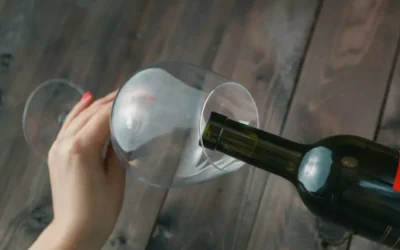
How Alcohol Use Disorder Is Treated
When we drink alcohol, it triggers the release of other chemicals in the body that make us feel more content and less sensitive to pain. So, it is no surprise that once we start drinking, we often want to carry on. There is a group of drug therapies aimed at attacking GABA receptors and the dopamine and serotonin pathways. For example, Baclofen is an approved GABA agonist for seizures that has shown to decrease craving and anxiety in alcohol addicts (7).
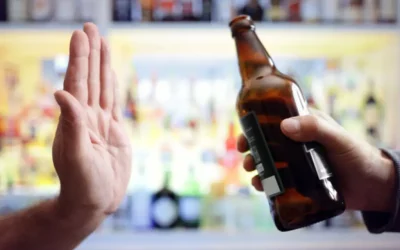
Available 24 hours,7 days a week
Why the pull of addictive cravings is so hard to resist – Aeon
Why the pull of addictive cravings is so hard to resist.
Posted: Thu, 22 Sep 2022 07:00:00 GMT [source]
Initially, drugs and alcohol ease difficult feelings about intractable problems. But this evolves over time as the drugs used, and the drug-seeking behavior that seeks them out, changes the way the brain works. Addiction becomes not a choice, but a hard-wired reality of brain function.
- By the time a person reaches this stage, they are experiencing both physical and mental health deterioration—the outlook is bleak if they don’t get help.
- Alcohol addiction treatment doesn’t just address the physical symptoms; it’s a holistic approach that includes counseling and therapy to understand and manage the underlying triggers that led to the addiction.
- Alcohol can also contribute to arrhythmias (irregular heartbeats) and hypertension (high blood pressure), increasing the risk of heart attack, stroke, and heart failure.
It was the first time the survey recorded more frequent users of cannabis than alcohol, the report added. Withdrawal severity was generally low and comparable across the two groups. By Lindsay CurtisCurtis is a writer with over 20 years of experience focused on mental health, sexual health, cancer care, and spinal health. The National Institute on Alcohol Abuse and Alcoholism defines moderate drinking as two or fewer drinks in a day for men and one or less in a day for women. Excessive (binge) drinking is defined as four or more drinks on a single occasion for women and five or more drinks on a single occasion for men. What we’ve found in animal models of binge drinking is that certain subtypes of neurons lose the ability to talk to each other appropriately.
Alcohol is an accepted part of many types of celebrations, events, and rituals, including personal rituals like enjoying a relaxing evening at home. Alcohol is physically why is alcohol so addicting addictive because it alters the chemicals in your brain. The brain is a complex organ and normal brain function relies on a delicate balance between neurotransmitters.
- Alcohol use disorder can include periods of being drunk (alcohol intoxication) and symptoms of withdrawal.
- Recognizing these health risks can encourage people to take the steps necessary to stop excessive drinking.
- The Healthline FindCare tool can provide options in your area if you need help finding a mental health specialist.
- Excessive or chronic alcohol use can lead to a steady decline in cognitive function, causing memory problems, difficulty learning new information, mood changes, and behavior changes.
- Like ‘addiction’, ‘alcoholism’ is a term that stirs up a lot of debate.


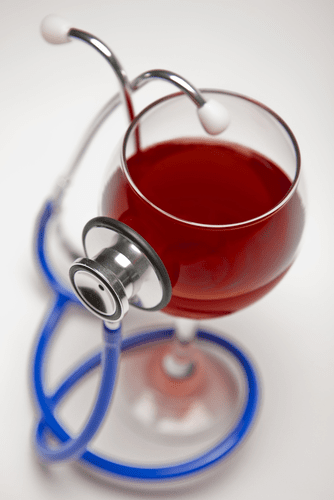
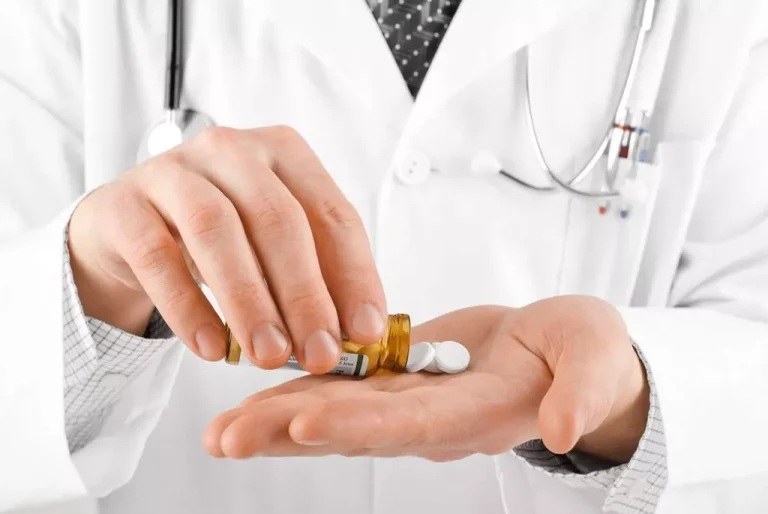
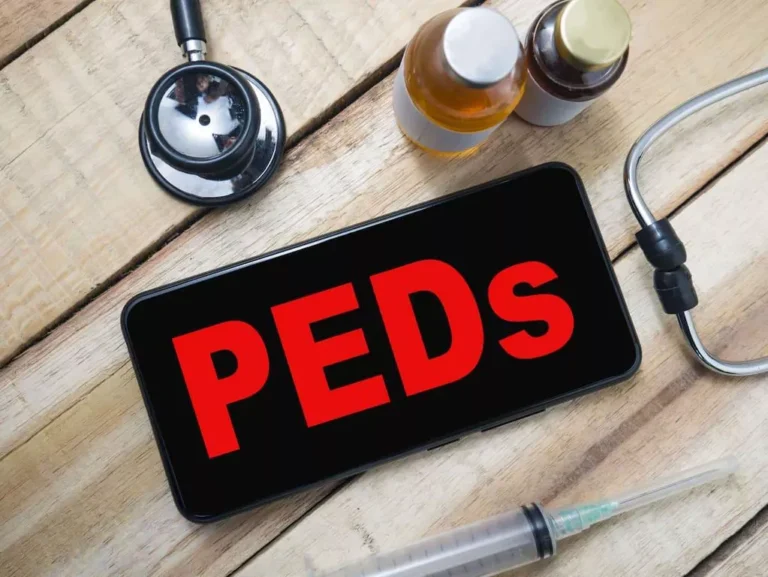
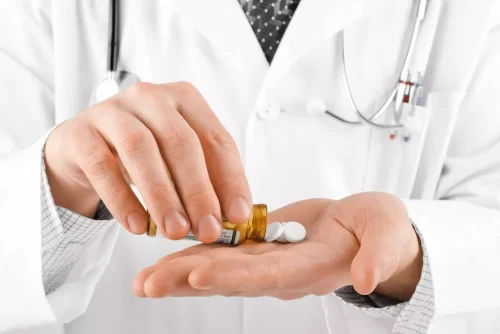
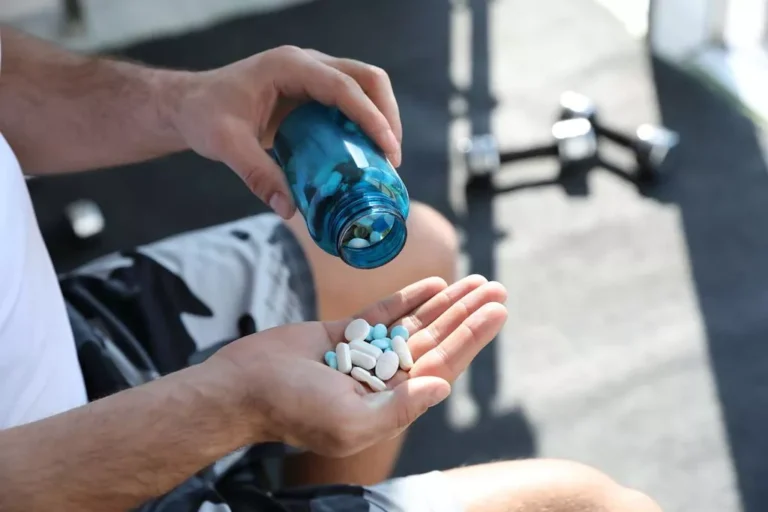
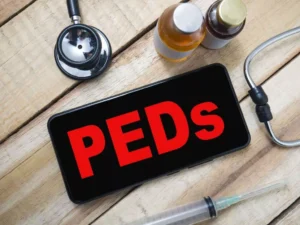
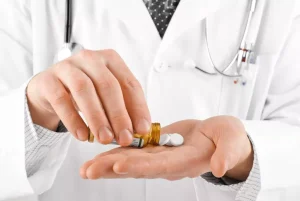
Recent Comments